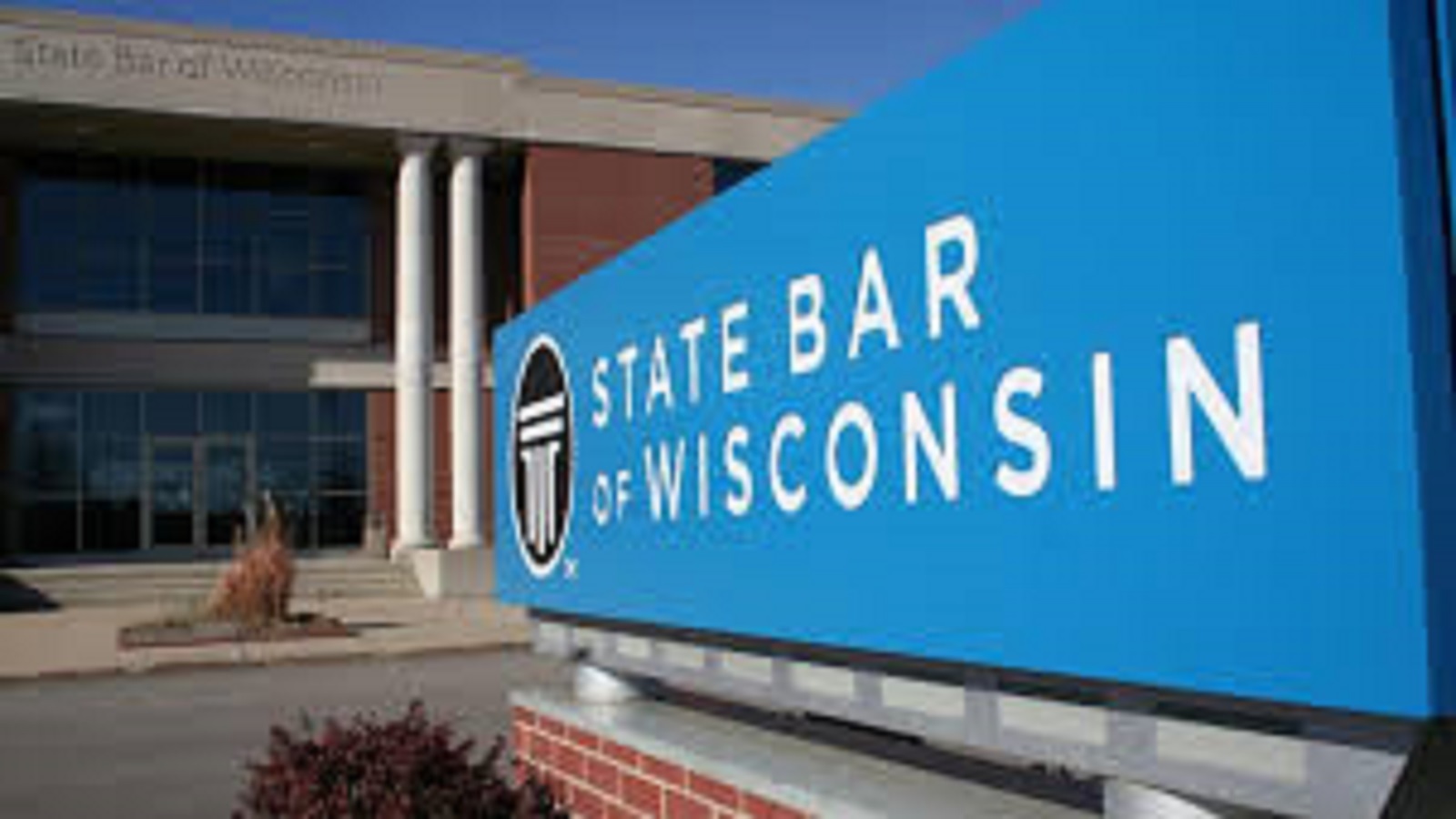WASHINGTON (Legal Newsline) - The U.S. Supreme Court was due to discuss May 21 whether to fully review a case involving attorneys objecting to being compelled to join the Wisconsin state bar and pay fees.
Adam Jarchow and Michael D. Dean sued the State Bar of Wisconsin and others, claiming their forced membership and payment of fees was a violation of their First Amendment right to free speech.
The petitioners are seeking to overturn Supreme Court precedent in a 1990 case, Keller v. State Bar of California, which ruled that state bars could compel members to pay fees but individuals can object to their money going to particular causes. The lower courts are bound by this precedent and one other case.
A landmark 2018 Supreme Court decision, Janus v. AFSCME, found that state laws compelling public employees to pay union fees, and therefore subsidize causes they object to, was a violation of the First Amendment. This ruling is at the core of the attorneys' argument.
Thirty states currently compel attorneys to join the bar and pay fees, and a decision in favor of the petitioners will have an impact across the country.
Houston attorney Rich Robins, who objects to being forced to be a member of his state's bar, said the Texas bar is more into self-enrichment through dues than self-rule.
"Nearly half of U.S. states have no mandatory membership state bar association but here the Texas Bar uses conveniently vague disciplinary rules to maintain a culture of intimidation that keeps lawyers domesticated and quiet," Robins told Legal Newsline.
"All the while the Texas Bar reaches for more and more money whenever it can, and for whatever you can imagine."
In their petition to the Supreme Court, the Wisconsin attorneys argued that they are required by state law "to join the State Bar of Wisconsin and subsidize its speech on matters of substantial public concern ranging from the administration of justice and the substance of the law to divisive legislation."
"Those requirements are an even plainer affront to the First Amendment than the compelled payments to public-employee labor unions condemned by Janus v. AFSCME," the petition argues.
"Whereas the collective-bargaining speech at issue in Janus was primarily addressed to things like wages and benefits that implicate the public fisc, the speech Wisconsin attorneys are compelled to subsidize is directly and inherently political, addressing as it does the substance and administration of the law."
The two attorneys object to positions advocated by the state bar including on “the death penalty, gender identity, gun rights and regulation, criminal justice initiatives, policies towards suspected sex offenders, President Trump’s tweets, immigration policies and public education."
In its response, the State Bar of Wisconsin argued that Keller "specifies that mandatory bar dues cannot be used for political or ideological activities."
"The Wisconsin group sends its members an annual statement itemizing which of its expenses can be covered by mandatory dues and which can only be paid by 'voluntary dues,'" the bar argued.
"Wisconsin lawyers are entitled to withhold from their annual dues a pro rata share reflecting bar association activities that cannot, under Keller, be sponsored by mandatory dues."
